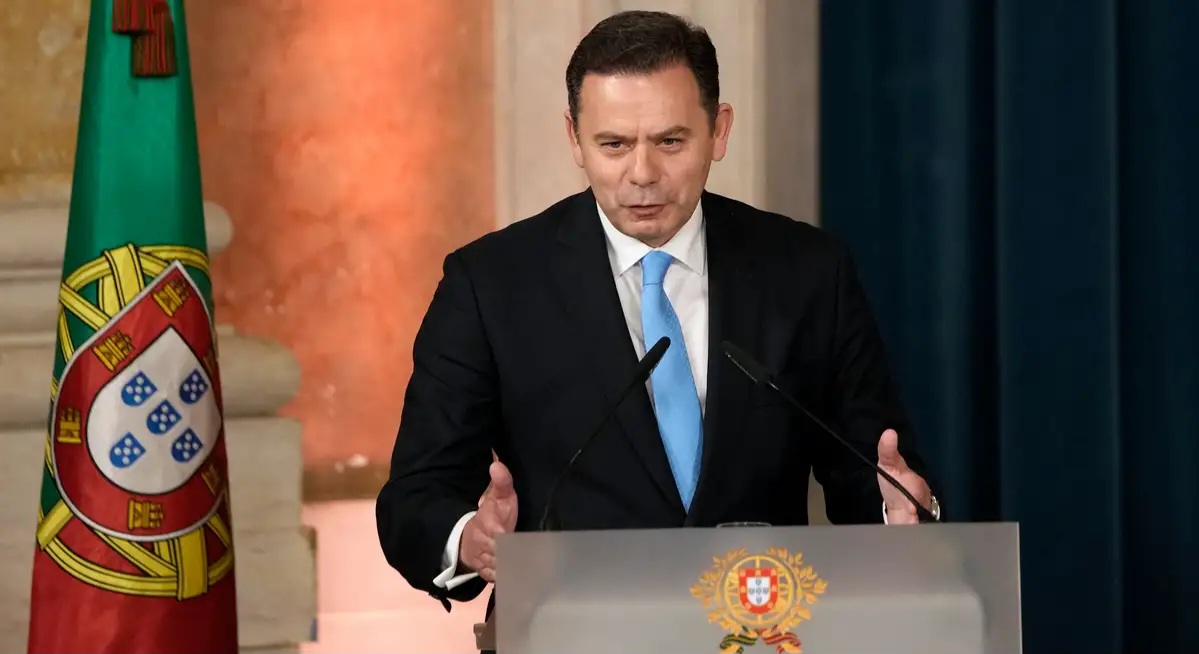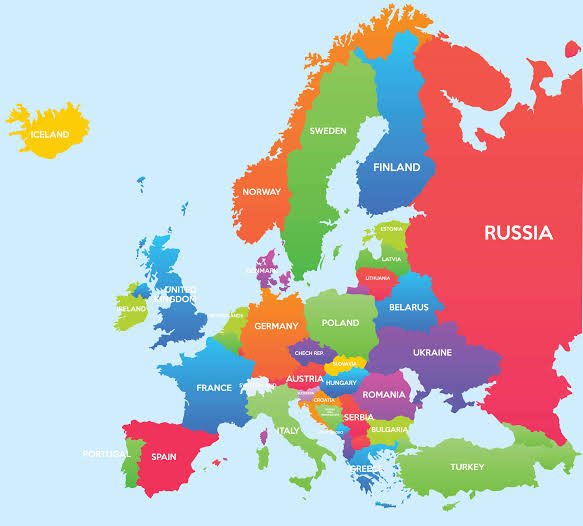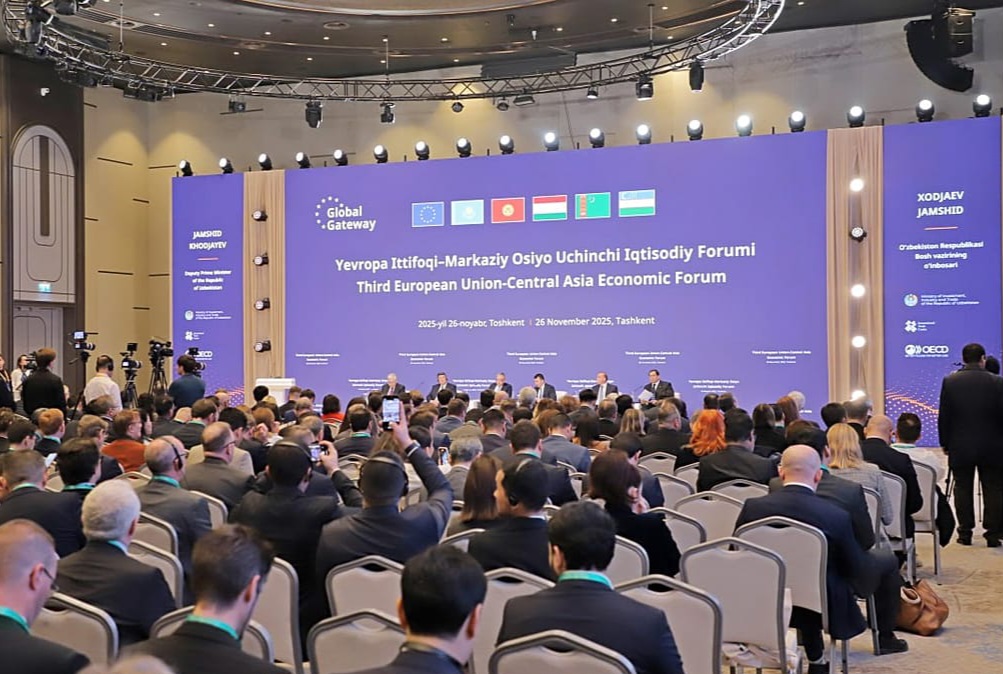Lisbon, June 04, 2024, The Europe Today: Portugal repealed a key migration policy on Monday, aiming to limit the number of new arrivals in the country. This move marks a significant shift in Portugal’s traditionally open immigration regime.
The changes abolish a rule that previously allowed non-EU migrants to move to Portugal without an employment contract and later request residency after paying social security for a year. Under the new regulations, migrants will now need an employment contract before moving to Portugal.
This policy change comes amidst a political shift towards the right, with border restrictions becoming a prominent issue. Newly-elected Prime Minister Luis Montenegro emphasized the need to address what he termed “excessive abuse” of the country’s generous migration policies.
“Portugal has one of Europe’s most open immigration regimes, but we must balance our openness with sustainability,” Montenegro said. “We need people in Portugal willing to help us build a fairer and more prosperous society, but we cannot go to the other extreme and have wide-open doors.”
In recent years, Portugal’s foreign population has doubled, with many migrants arriving from Asia to work in agriculture and the hospitality industry. According to government data, overseas arrivals now constitute around one million people, roughly a tenth of the total population.
Last year alone, 180,000 migrants were regularized. However, Montenegro highlighted that there are currently around 400,000 regularization applications still pending.
The Prime Minister’s decision reflects concerns about the capacity to integrate such a large number of migrants while maintaining social and economic stability.
As Portugal navigates these changes, the government will be closely monitoring the impact of the new migration policies on both the domestic workforce and the broader societal framework. The shift signals a cautious approach towards future immigration, balancing the need for labor with concerns about integration and resource allocation.














